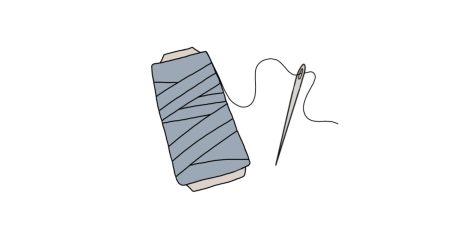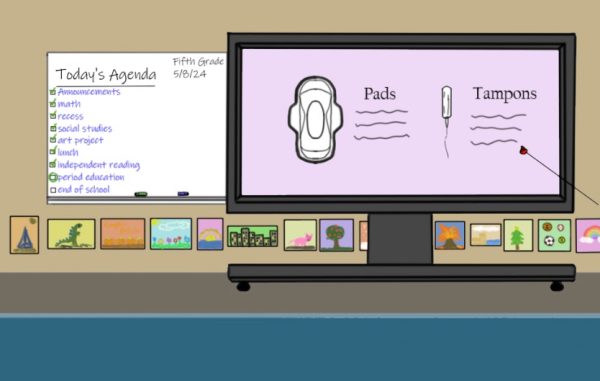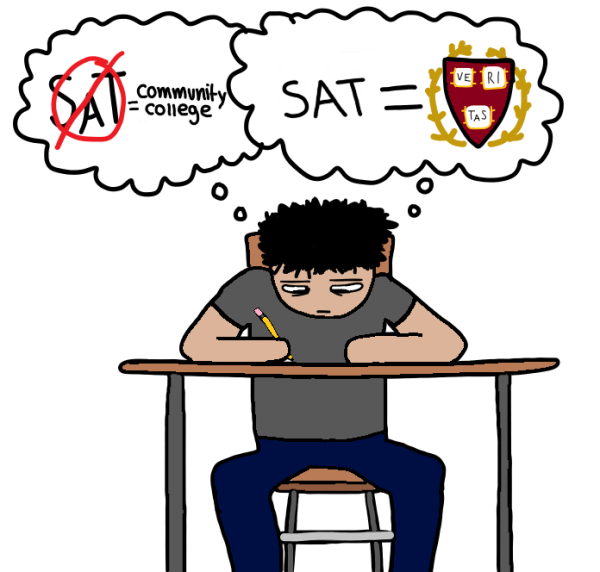There’s no place like home economics

Home economics is “a subject or class that teaches skills (such as cooking or sewing) which are useful in the home,” as defined by the Webster dictionary. In the late 18th and early 19th century, the goal of home economics was to prepare women for marriage and motherhood. It’s clear that the initial intention of teaching only women these skills is what has built an aversion to the class.
The course was deemed sexist due to its intention of turning young women into housewives. However, this conservative conception of home economics is outdated and no longer applicable to the majority of American schools. If this course was to be a requirement in schools now, in the 21st century, no one would stand for such a sexist regulation.
Bonita Vista High (BVH) students would benefit tremendously if home economic courses were added. The class would consist of several different subjects: cooking, child development, sewing, budgeting, health and hygiene. This would further improve skills that students have been introduced to or could teach them a new skill, preparing them for adulthood.
There is generally a low number of students who have developed domestic skills throughout their years in highschool. Once they move on to higher education, they are extremely unprepared to take on these skills that have never been taught to them. According to a survey conducted by SWNS Media Group in 2021 consisting of 2,000 recent American college graduates, it was revealed that 81% of college graduates wish they had been taught more life skills before graduating.
Without the skill of cooking, many students result in eating out constantly—and healthy fast food is very hard to come by. A 2015 study done by the Food Distribution Research society discovered that more than 70 percent of college students eat fast food at least once a day. This number could be reduced if home economics classes were implemented in high school to teach students basic cooking techniques.
Learning a skill like cooking can be especially helpful to decreasing health problems and obesity. It comes down to this; the more you cook for yourself, the healthier you live. According to a study published in the journal Public Health Nutrition, people who frequently cook dinner at home, eat healthier and consume fewer calories than those who cook less.
A national survey from Pittsburg State University’s Department of Family and Consumer Sciences indicates that 3,427,601 students were enrolled in home economics classes and were taught by 27,894 teachers. These numbers show a significant decline in enrollment and teachers over the past 10 years. The concerns come down to a loss of basic domestic skills that provide people with more control over individual and household food supply, a loss of knowledge surrounding ingredients and their usage and an overall ignorance regarding cooking methods making healthy home cooking less likely.
Cooking is just one aspect of home economics. Teaching childcare is a vital skill for all students to learn, especially for those who intend on building families. Additionally, teaching students how to properly clean is also very important to build a hygienic and healthy society. Without basic guidance, students will graduate and be unprepared to live independently and move into the workforce.
Moreover, not all students have the opportunity to learn these skills from a parental figure. However, a class that specializes in learning these domestic skills would ensure that students leave highschool with necessary knowledge.
The main reason home economics classes have been discontinued is how feminized these classes and the skills associated with these classes have become. Over the years, it has been young girls who signed up for these courses, whereas boys were rarely expected to learn these skills. However, we must agree that cooking, cleaning and childcare are life skills that do not need to be gendered.
If home economics was a required semester course, BVH students would benefit from learning home economics subjects, so that once they graduate high school and enter society without parental guidance—they will be able to sufficiently care for themselves.

I am a senior at Bonita Vista High and this is my second year on the Crusader. Last year I was an Arts and Culture Editor and this year I am the Features...

I am a senior this 2022-2023 school year at Bonita Vista High and a first year Features Editor for the Crusader. Although I have always loved writing,...










